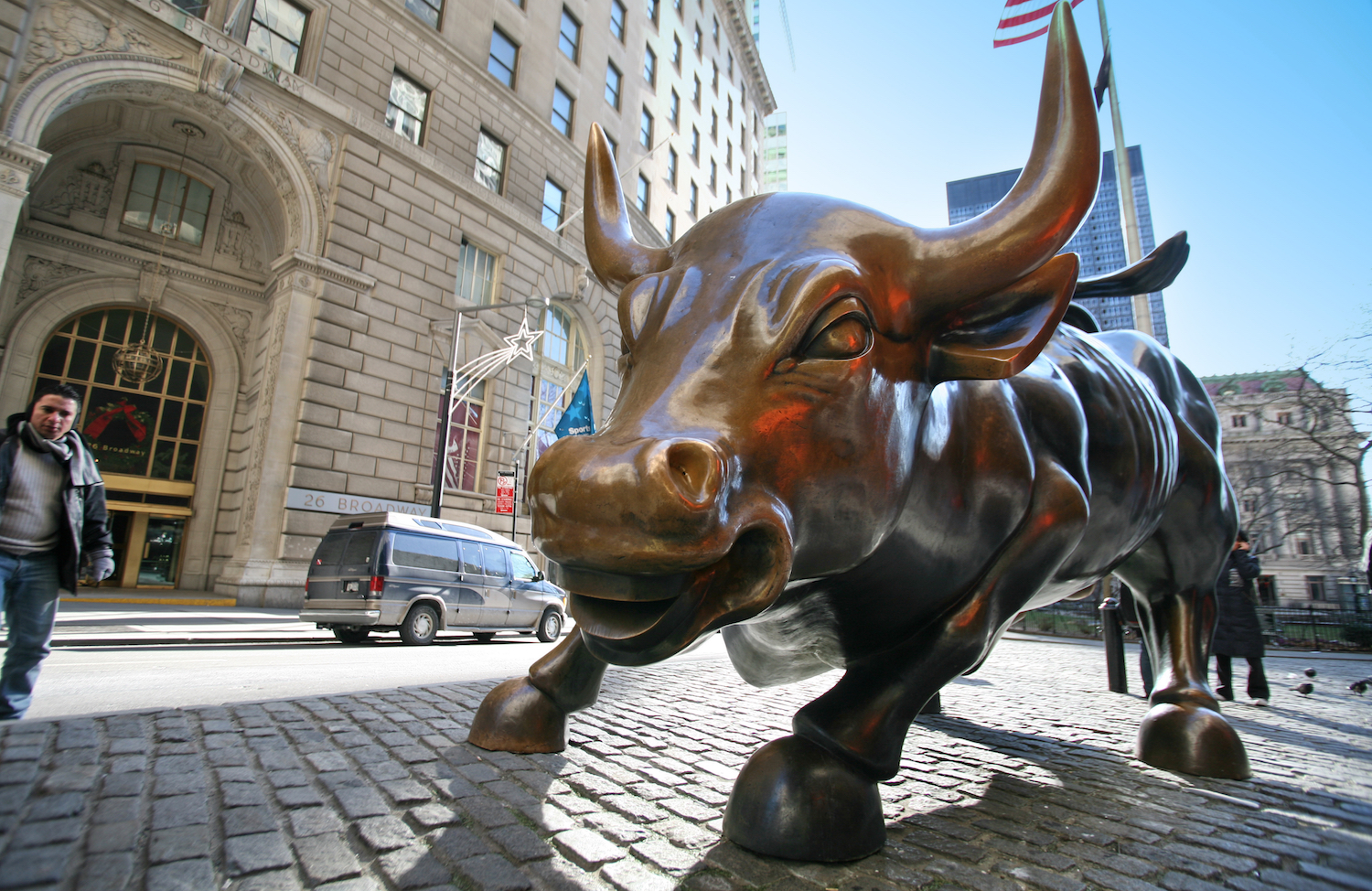KuCoin Withdrawals Spike to $1B in Crypto Amid U.S. Regulatory Clampdown
/arc-photo-coindesk/arc2-prod/public/LXF2COBSKBCNHNRE3WTK2BZ7GE.png)
-
KuCoin saw over $1 billion in withdrawals over the past 24 hours, Nansen data shows.
-
Assets held by the exchange dropped to $4.8 billion from $6 billion, according to Arkham blockchain data.
-
The exchange “is operating well, and the assets of our users are absolutely safe,” KuCoin said.
Crypto exchange KuCoin saw about $1 billion in crypto withdrawals over the past 24 hours and assets under management (AUM) slumped 20% as the trading platform faced charges from U.S. authorities, data from Nansen and Arkham Intelligence shows.
The exchange experienced $1.083 billion in outflows via Ethereum Virtual Machine-compatible (EVM) chains during the period, and only $144 million of inflows. Nansen data did not include bitcoin (BTC) withdrawals. Net outflows on the Ethereum network reached $840 million, according to Nansen.
“This is more than a 15% drop in assets held by the exchange,” Nansen said in an X post Wednesday.
Blockchain data from Arkham Intelligence shows that the amount of crypto assets (including BTC) held by tagged KuCoin crypto addresses plummeted to $4.8 billion from $6 billion on Tuesday. Arkham’s figure includes price fluctuations, but crypto markets were generally little changed over the period, so the decrease was most likely a result of investors withdrawing assets from the platform.
:format(jpg)/cloudfront-us-east-1.images.arcpublishing.com/coindesk/IUGOLCLUNND2RF7MBCQJTSVFRU.png)
The withdrawal surge happened as the exchange and two of its founders were charged Tuesday with violating anti-money laundering laws by U.S. federal prosecutors. A Homeland Security Investigations Special Agent called the exchange “an alleged multibillion-dollar criminal conspiracy.”
Some users complained about delays in withdrawals, spurring concerns about the exchange’s health. Blockchain data, however, showed that outgoing transactions from KuCoin were processed, with the delays most likely due to the pent-up withdrawal requests.
KuCoin said in a social media post that the exchange “is operating well, and the assets of our users are absolutely safe.”
Edited by Sheldon Reback.









